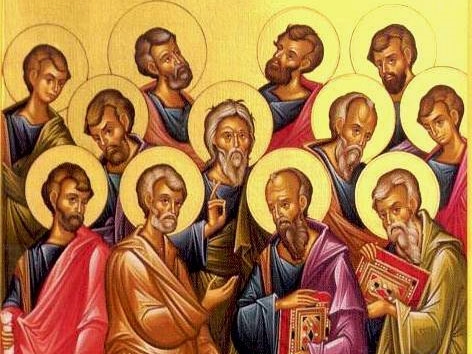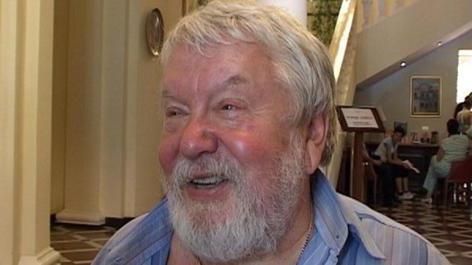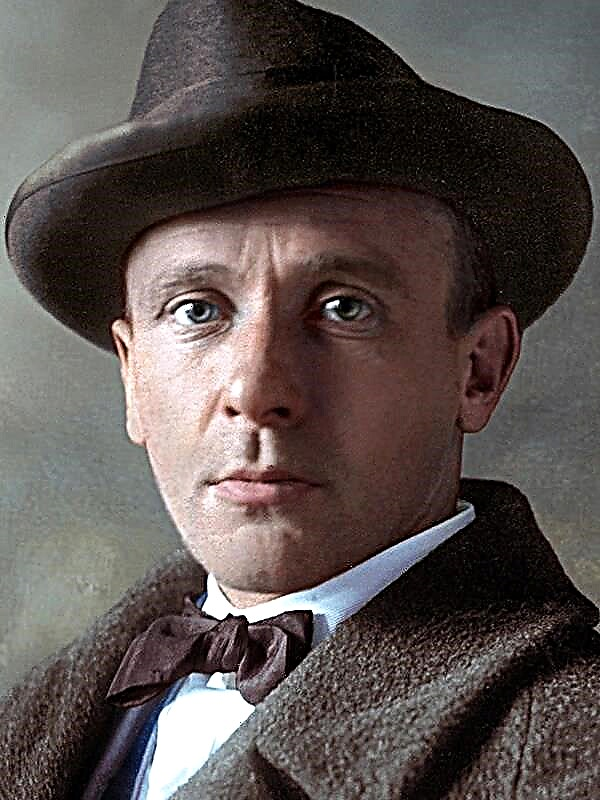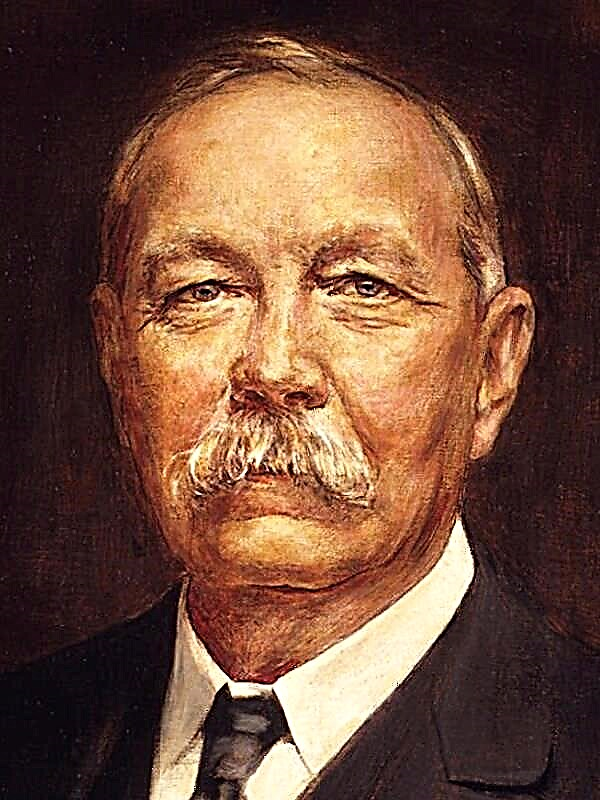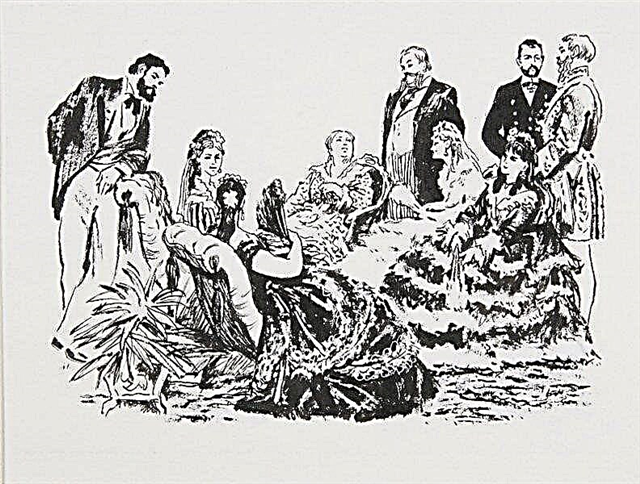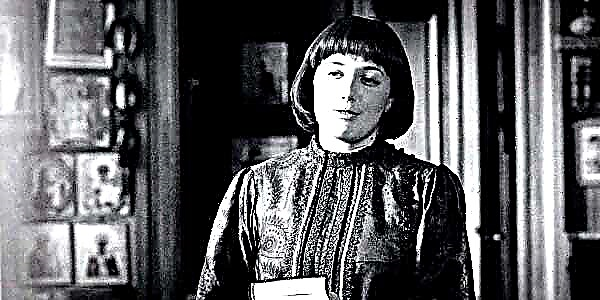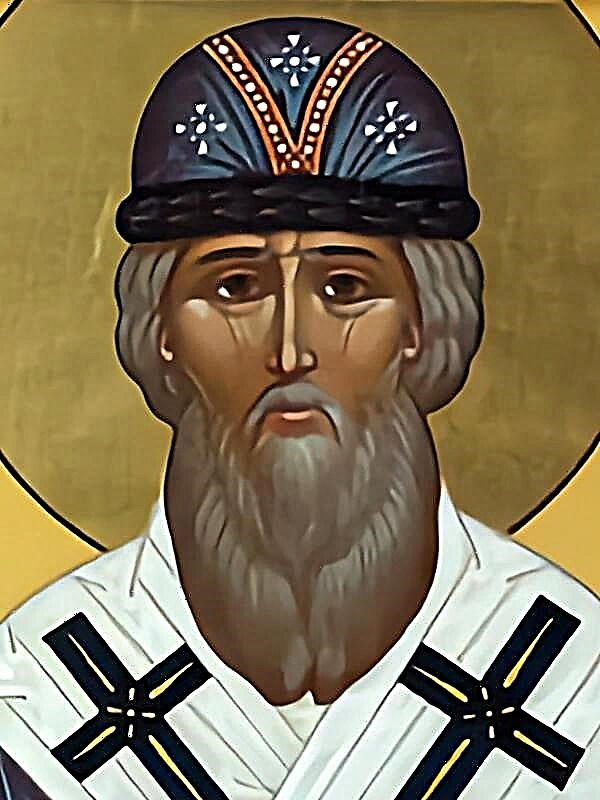(254 words) A.P. Chekhov is a Russian playwright, whose works are filled with hidden meaning under the "mask" of everyday situations. One of these works is the story “Horse surname”, but what exactly was the author's goal in the described anecdotal case? What is Chekhov laughing at?
The plot of “Horse's surname” is quite simple: a tooth of an important official has a toothache, and in order to help him, his clerk decides to advise him a certain healer, whose surname he forgot - it should be said that the unpretentiousness of the narrative seems completely laid-back only at first sight. No wonder Chekhov is the master of a short story with a complex "fate". The writer introduces the retired Major General not in order to sympathize with his "misfortune", but to ridicule the quick change of his beliefs. Buldeev does not believe in this kind of "doctor", but he is still interested in the opportunity to contact him - is this not superstition and a statement of the "upper circles" who are offered real help, but they still prefer healers and fortunetellers? At the same time, they exhibit duplicity, not recognizing the effectiveness of the method in humans, but secretly hoping for it. Looking at a respectable man who behaves so ridiculously, the reader really laughs.
One of the main problems that Chekhov “ridicules” is also social stratification, illustrated by the example of Ivan Evseich, to which Buldeev is clearly neglected, despite his sincere desire to help. At first, the general seems to feel some gratitude, but as soon as Ivan Evseich forgets his name, his patron becomes angry, irritable and even rude, showing his true identity.
Thus, the story “Horse surname” is a humorous tale exposing the spiritual and intellectual poverty of the elite, as well as superstition and quackery, which flourish in all walks of life. It is on these things that A.P. laughs. Chekhov.

